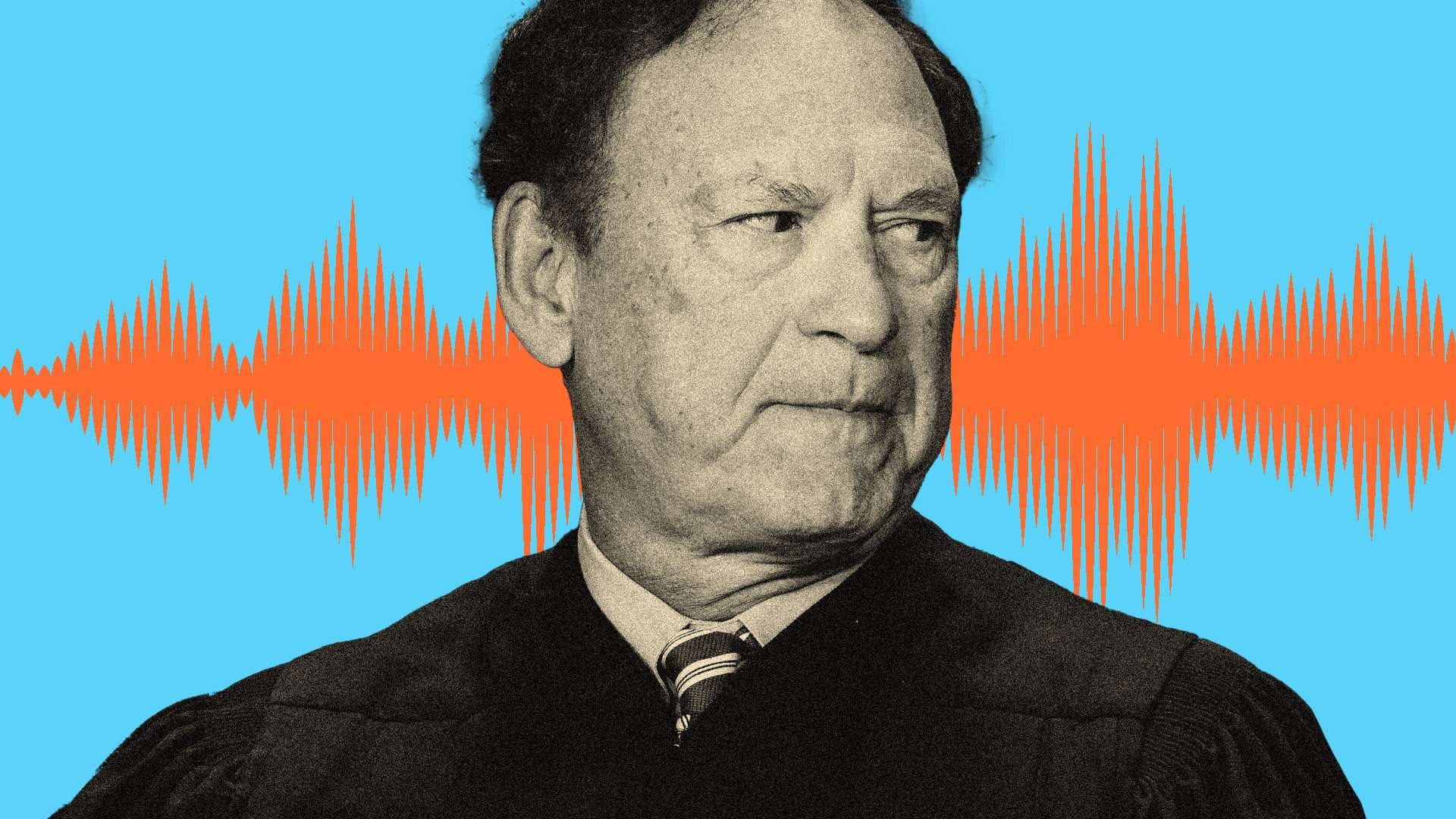Commentary
William Carney heard a familiar voice roar, “Forward 54th!” Dashing up a steep slope with sand chafing his arms, legs, and neck, he saw a bullet-ridden flag flutter, beginning an agonizing plummet to the ground.
He must save the colors; he must save the colors. Throwing his rifle aside, he grabbed the Stars and Stripes before they landed on the gritty crest. Carney braced himself against the flag, ready to die, while rallying his friends to take Fort Wagner.
Despite the danger around him, Sgt. William H. Carney of the 54th Massachusetts Volunteer Infantry Regiment survived, holding the flag aloft for an entire half hour on the fort’s parapet.
On Flag Day, Americans honor the sacrifices made by many to safeguard the symbol of our national union. Generations of patriots have hallowed the red, white, and blue. Across the world, it has come to represent freedom from bondage and tyranny.
To understand the flag’s meaning, we can look back at the heroic struggles of one unit of soldiers under it: the 54th Massachusetts Infantry, one of the first Civil War regiments to recruit African Americans.
The parade passed the home of the famous abolitionist, where William Lloyd Garrison watched them, crying with pride. Spectators thronged the streets of Boston, cheering the men on. At night, they left for the coast of South Carolina.
Carney, Shaw, and the rest of the 54th Massachusetts marched to the South in time to participate in the siege of Charleston, the city that many Northerners blamed for starting the Civil War. The infamous Fort Sumter loomed at the mouth of the city’s harbor. Fort Wagner, situated on Morris Island, guarded the southern part of the harbor. When the call was made for Union ground forces to take Fort Wagner at dusk on July 18, the 54th Massachusetts led the way.
Carney did not wait to act after Shaw fell. He recovered the flag and held a futile rallying point on the sandy crest of the fort. Two hours later, he limped back to the field hospital. Carney refused to let anyone take the flag from him. Before he fainted from blood loss, Carney told the men around him, “Boys, the old flag never touched the ground!”
Nobody embodied bravery and patriotism in defense of the American flag more than Sgt. William H. Carney. He was an American whose wartime efforts epitomized the lengths to which one might strive to fulfill America’s founding ideals of life, liberty, and the pursuit of happiness.
Views expressed in this article are opinions of the author and do not necessarily reflect the views of The Epoch Times.
Please rewrite the following sentence for me.
Source link







